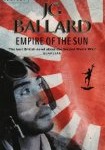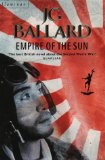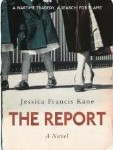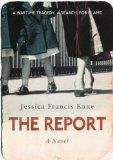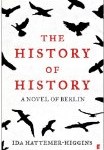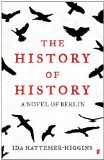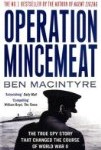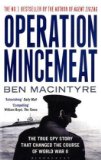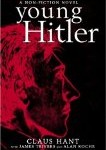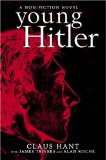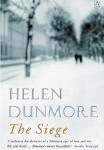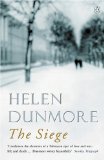Winner of 1984 James Tait Black Memorial Prize
Shortlisted for 1984 Booker Prize
Five words from the blurb: Shanghai, British, boy, lost, war
It is funny how we sometimes build up a picture of a book before we’ve read it, only to have all those expectations shattered once we begin. For some reason I expected Empire of the Sun to be a dense book, describing vicious fighting between the Chinese and Japanese in the Second World War. I expected it to be dark and tough going and so was therefore surprised to discover that it was actually very easy to read – the tone was quite light (at least initially) and the central character was not a soldier, but a small boy who finds himself alone on the streets of Shanghai during the Japanese occupation. In fact, the young protagonist and the simple prose could even result in this being classed as a young adult book if it were released today.
The central character, Jim, is a boy who has lived the life of luxury. His rich British parents paid for him to go to a good school and for servants to provide for his every need. But then war breaks out and Jim becomes separated from his parents. He learns to fend for himself in the abandoned mansions of Shanghai, but his situations deteriorates as the war progresses. The fact that the book is based on the author’s own experiences during WWII makes the story all the more poignant.
I loved the simple, but effective way that the surroundings were described:
Jim fidgeted in his seat as the sun pricked his skin. He could see the smallest detail of everything around him, the flakes of rust on the railway lines, the saw-teeth of the nettles beside the truck, the white soil bearing the imprint of its worn tyres. Jim counted the blue bristles around the lips of the Japanese soldier guarding them, and the globes of mucus which this bored sentry sucked in and out of his nostrils. He watched the damp stain spreading around the buttocks of one of the missionary women on the floor, and the flames that fingered the cooking pot on the station platform, reflected in the polished breeches of the stacked rifles.
My only problem with the book was the detached writing style. Jim let all the problems wash over him and failed to show any of the fear I’d expect from someone in his situation – in fact Jim seemed to enjoy seeing the planes and soldiers. This is probably a realistic way for a child to cope with war, but it meant that the book failed to have any emotional impact on me. Some people probably prefer this lighter writing style, but I like to have a strong emotional connection to the characters.
I haven’t read any other books set in China during WWII and so it was nice to learn a bit more about this lesser known piece of history. This is clearly a very important novel and there were times when I both loved and hated this book for its subtlety, but I think this is one of those books that grows on you after you’ve turned the last page. I have to admit that I didn’t enjoy the reading experience that much, but I am still thinking about Jim and I am sure that I will continue to do so for some time to come.

.
This is my first experience of Ballard’s writing.
Do you think I’d enjoy his other books?
